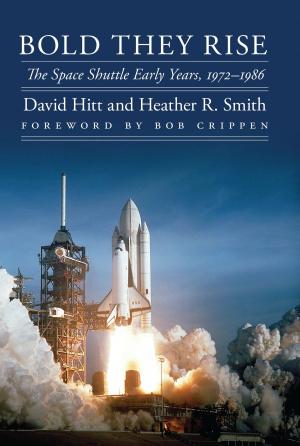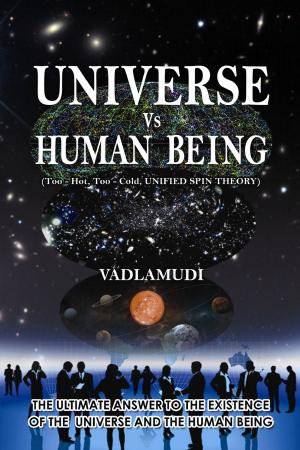The Recycling Universe
Nonfiction, Science & Nature, Science, Physics, Cosmology, Astrophysics & Space Science| Author: | Toby Clark | ISBN: | 9781370684045 |
| Publisher: | Toby Clark | Publication: | September 24, 2016 |
| Imprint: | Smashwords Edition | Language: | English |
| Author: | Toby Clark |
| ISBN: | 9781370684045 |
| Publisher: | Toby Clark |
| Publication: | September 24, 2016 |
| Imprint: | Smashwords Edition |
| Language: | English |
The Recycling Universe hypothesis proposes that Einstein’s famous equation e = mc2 is reversible under conditions of extreme gravity in that whilst mass may be converted into energy (as in nuclear reactions), energy may be converted into mass within deep gravity wells (within Black Holes) and consequently a viable mechanism for a steady state universe can be defined. Recycling begins with the conversion of mass into energy by two possible processes, evaporation of smaller Black Holes when their nuclear fuel is consumed or (though rarely) by collision of Megamassive ones resulting in huge explosions capable of consuming perhaps whole galaxies. The recycling process involves spreading of debris and energy so generated which then accelerates eventually into the gravity wells of existing or newly created Black Holes where energy converts into mass. These processes are posited to be in overall equilibrium and thus the universe to have reached a steady state.
The Recycling Universe hypothesis proposes that Einstein’s famous equation e = mc2 is reversible under conditions of extreme gravity in that whilst mass may be converted into energy (as in nuclear reactions), energy may be converted into mass within deep gravity wells (within Black Holes) and consequently a viable mechanism for a steady state universe can be defined. Recycling begins with the conversion of mass into energy by two possible processes, evaporation of smaller Black Holes when their nuclear fuel is consumed or (though rarely) by collision of Megamassive ones resulting in huge explosions capable of consuming perhaps whole galaxies. The recycling process involves spreading of debris and energy so generated which then accelerates eventually into the gravity wells of existing or newly created Black Holes where energy converts into mass. These processes are posited to be in overall equilibrium and thus the universe to have reached a steady state.















